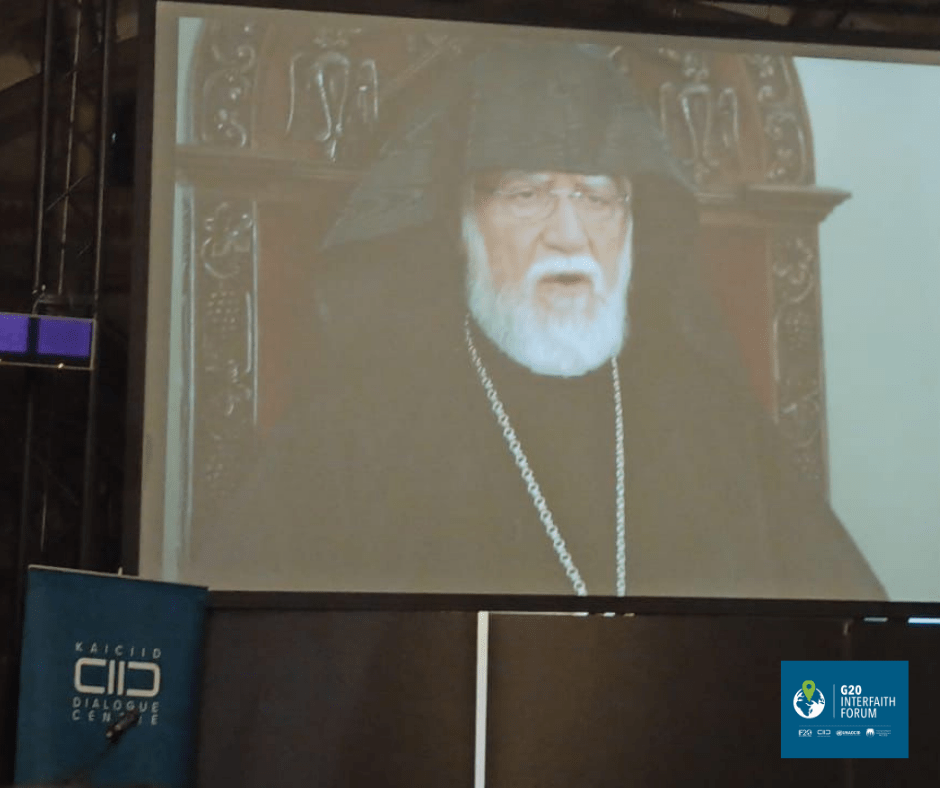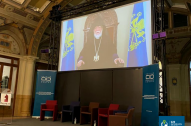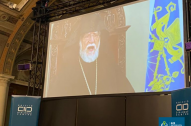More than at any other time, the world, which is marked by increasing tensions, polarizations and crises of diverse nature and scope, is in dire need of healing. Healing is achieved through dialogue, mutual understanding and acceptance, and common commitment to ethical values and human rights. Religion may play a pivotal role in building ethically healthy, socio-economically equitable, and ecologically sustainable societies.
In the Arab region, where I come from, the three monotheistic religions, Judaism, Christianity and Islam, with their rich potentials, experiences, and insights, can play a major role for at least three main reasons: first, they share common roots, traditions and values; second, as an integral part of their societies, they embrace in their life and witness all spheres and dimensions of their communities; and third, their long history of co-existence, often marked by tensions and estrangement, calls them to reaffirm their faithfulness to their common values and vocation. I am aware that such trilateral collaboration and engagement could be perceived as unrealistic in view of the prevailing tension in the region. However, I believe that these religions can act as a platform of creative interaction.
In this perspective and within the parameter of this panel, I would like to share with you a few observations for further reflection and discussion.-
First, the representatives of monotheistic religions often meet and interact in different contexts and occasions on a global level. Why should they not meet in the Middle East around a de-politicized agenda by focussing on their role as justice-promoters and confidence-builders?
Second, these discussions may help them to deepen their common values and seek how those values are relevant and can be articulated in the context of new realities. Such informal encounters may also support the global efforts of combating violent extremism, intolerance and new expressions of racism.
Third, regarding crises facing societies, the response of these religions, in my judgment, should be proactive. They must avoid identifying themselves with reactive policies as well as nationalistic ideologies that may jeopardize their specific identity and hamper the efficacy of their prophetic vocation.
Fourth, the monotheistic religions, while preserving the integrity of their identity and teachings, are called to engage in close partnership with the other institutions of civil society in addressing common issues impacting the life of societies.
And finally, in respect to policy makers, the role of any religion in any place and under all circumstances should be prophetic, challenging, and critical on the basis of ethical values. It should call for transparency and accountability and for credible and reliable governance.
In these ways, religions, their leaders and institutions may significantly contribute towards the efforts aimed at the restoration of peace with justice and peaceful co-habitation among nations, religions and cultures in the Middle East.
ARAM I
CATHOLICOS OF CILICIA
13 September 2021
Antelias, Lebanon



